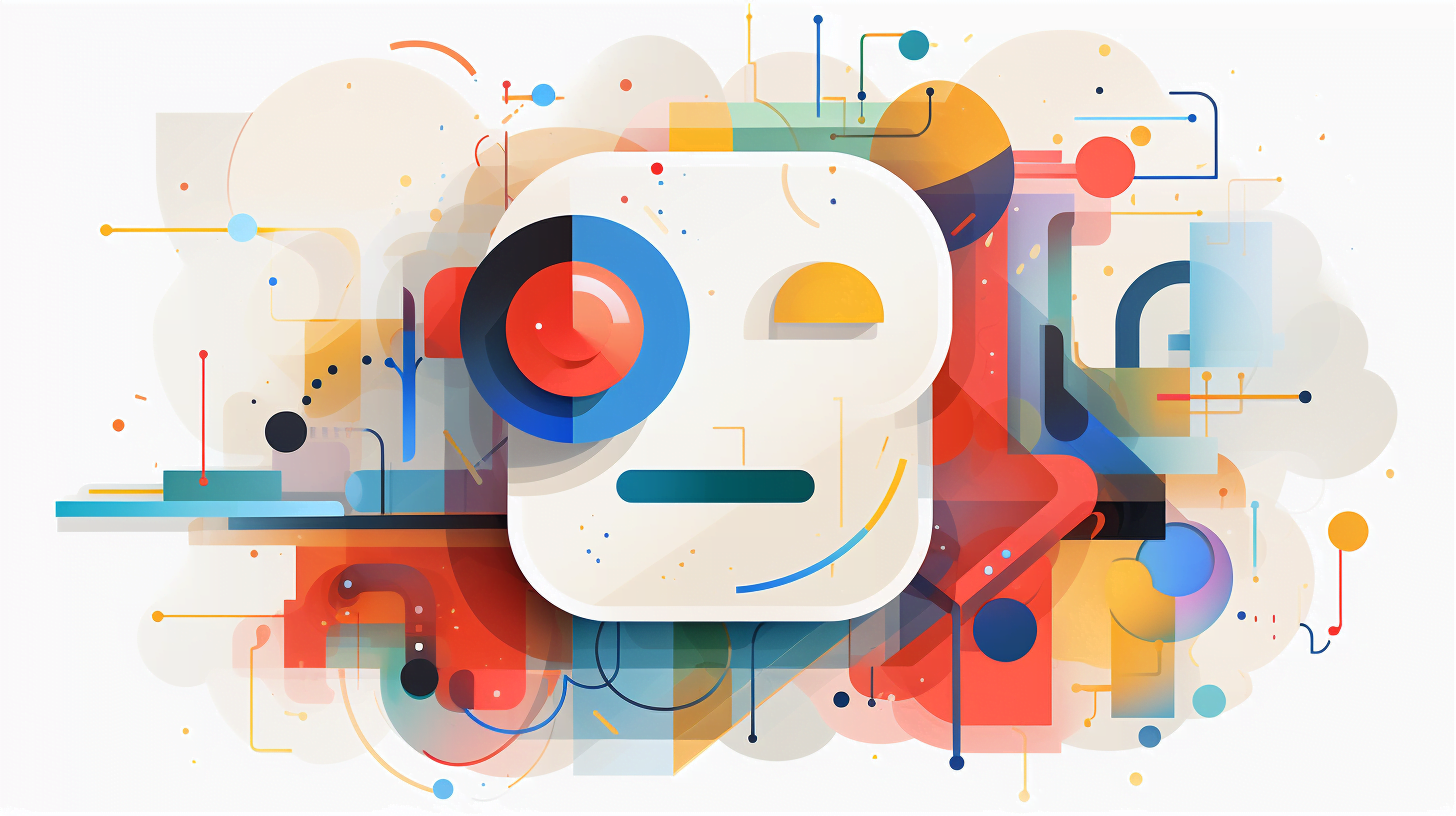Google delays cloud rollout of its GPT-4 competitor Gemini - Report

Google wants to counter OpenAI's advances with its multimodal model called Gemini. But its launch has been delayed.
Last we heard, Google was planning to give its cloud customers access to Gemini as early as November. Now, according to insiders, it won't be ready until the first quarter of 2024, reports The Information.
While smaller sub-models were made available to outside parties for testing months ago, the main stumbling block is the large model that Google is putting into the race against GPT-4. It is not yet clear whether Google will be able to match the quality of GPT-4, and ideally surpass it.
According to the sources, a delay in the cloud version could also mean that Google wants to bring the new technology to its consumer products first.
Gemini 1.0 will be the foundation for Google's next generation of AI
Google has not officially commented on the launch. At a public event, CEO Sundar Pichai only mentioned that Google aims to release Gemini 1.0 as soon as possible and ensure that it is competitive and state-of-the-art.
In a call with investors, Pichai emphasized that the company's next AI model will lay the groundwork for a series of next-generation models to be released throughout 2024.
For Google, the delay is a setback in the race with Microsoft and OpenAI. While Microsoft is successfully marketing OpenAI technologies to enterprise customers through its cloud, Google is struggling to reach consumers with its competing solution, Bard.
With few users, there is also a lack of a large feedback database to continuously improve the model. Google's exclusive PaLM suite of language models available in the cloud lags behind OpenAI's GPT-4 in terms of quality.
With Gemini, Google is focusing on combining the AI capabilities of its Deepmind subsidiary and Google Brain division. But integrating the different teams and models is proving complex. According to the report, Google co-founder Sergey Brin spends four to five days a week with the developers and provides guidance, though he does not officially make any decisions.
Microsoft, OpenAI, and Google compete for talent and computing power
The fact that Google had a head start in terms of computing power is hardly relevant now that OpenAI has found a major cloud partner in Microsoft, which OpenAI expects to offer even more computing power and its own chips next year. There is also a lack of personnel on both sides. OpenAI is reportedly spending millions to lure top AI experts away from Google.
The stakes are high for Google. Delaying the launch of Gemini would put Google at a disadvantage to Microsoft in the cloud business. In addition, AI features on YouTube and improvements to Google Assistant would have to wait as ChatGPT continues to gain ground.
Google's most important financial pillar, its advertising business, could also benefit from Gemini. With a longer memory for user interactions, advertisers could use Gemini to create new variations on the most successful campaign of recent months, reports The Information.
AI News Without the Hype – Curated by Humans
As a THE DECODER subscriber, you get ad-free reading, our weekly AI newsletter, the exclusive "AI Radar" Frontier Report 6× per year, access to comments, and our complete archive.
Subscribe nowAI news without the hype
Curated by humans.
- Over 20 percent launch discount.
- Read without distractions – no Google ads.
- Access to comments and community discussions.
- Weekly AI newsletter.
- 6 times a year: “AI Radar” – deep dives on key AI topics.
- Up to 25 % off on KI Pro online events.
- Access to our full ten-year archive.
- Get the latest AI news from The Decoder.